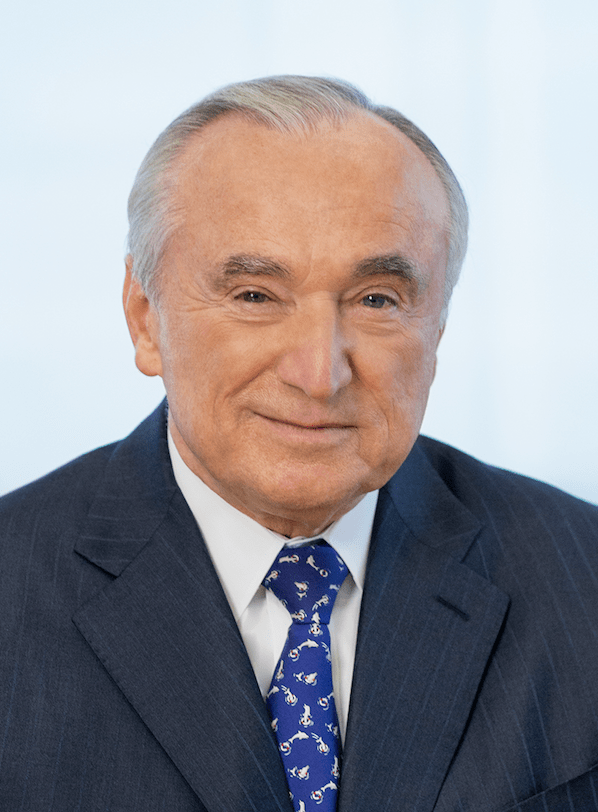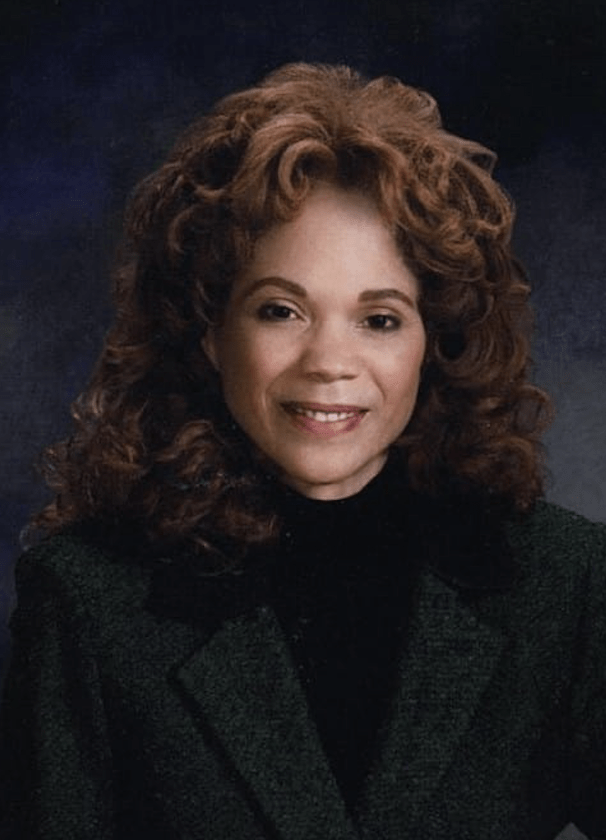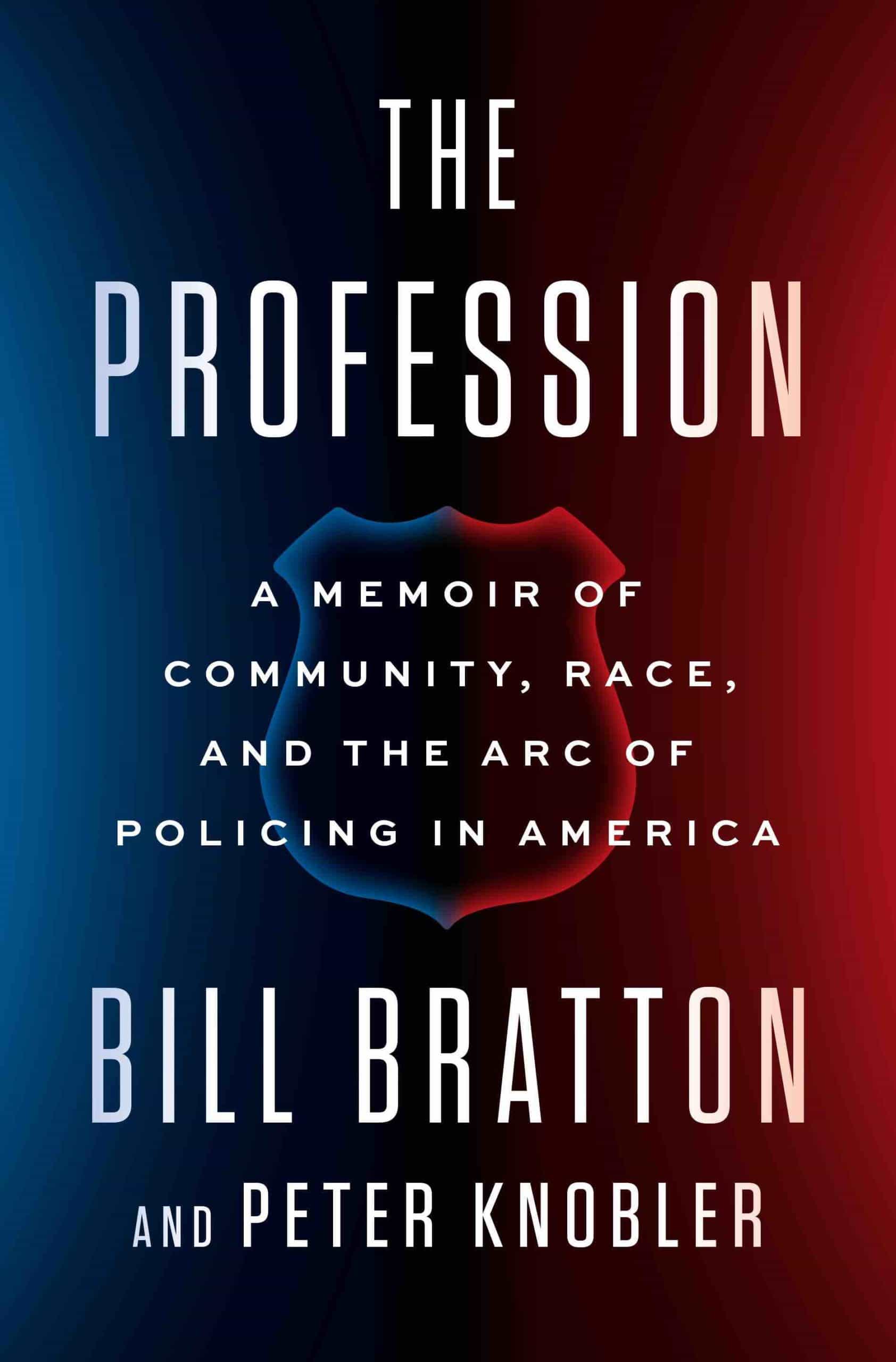


This event premieres on June 16, 2021 at 6pm PDT/9pm EDT
TICKETS
— $39 includes a a copy of the book with a signed bookplate*
(* we only ship to US addresses)
— Complimentary to view
Bill Bratton served as chief of the Los Angeles Police Department, chief of the New York City Transit Police, and commissioner of the Boston Police Department and the New York City Police Department (in both 1994 and 2014).
Connie Rice is a lawyer, author and public intellectual renown for fighting systemic injustice and advancing multiracial democracy. Through coalition cases and campaigns, her work has won over $10 billion in lawsuit damages and policy changes that expanded safety and opportunity for millions in poor neighborhoods. Rice’s advocacy has earned over 50 major awards and prompted Los Angeles Magazine to call her “the voice for LA’s oppressed.” She served for nine years as Western Regional Counsel for the NAACP Legal Defense and Educational Fund, Inc., and co-founded both the Advancement Project and the Urban Peace Institute.
“Bill Bratton sounds a clarion call for racial truth. He takes us on a 50-year odyssey of transformation and redemption through the worlds of policing, community, and power politics. Bratton reveres the best in law enforcement, demands changes in the worst, and confronts racism in every police department along the way. As a civil rights lawyer and likely foe, I became Bratton’s unlikely ally to change LAPD, because, with moral clarity, he admitted policing’s role in racial unrest and its original sin on American slave ships. 20 million marched to protest racism in policing, The Profession is a voice police and community need to hear.” —Connie Rice, Civil Rights lawyer and author of Power Concedes Nothing
When Bill Bratton became a Boston street cop after his return from serving in Vietnam, he was dismayed by the corrupt old guard, and it is fair to say the old guard was dismayed by him, too. But his success fighting crime could not be denied. Propelled by extraordinary results, Bratton had a dazzling rise, and ultimately a dazzling career, becoming the most famous police commissioner of modern times. The Profession is the story of that career in full.
Everywhere he went, Bratton slashed crime rates and professionalized the vocation of the cop. He and his team created the revolutionary program CompStat, the Big Bang of modern data-driven policing. But his career has not been without controversy, and central to the reckoning of The Profession is the fundamental crisis of relations between the Black community and law enforcement; a crisis he now believes has been inflamed by the unforeseen consequences of some well-intentioned policies. Building trust between a police force and the community it is sworn to protect is in many ways, Bratton argues, the first task–without genuine trust in law enforcement to do what’s right, little else is possible.
The Profession is both a searching examination of the path of policing over the past fifty years, for good and also for ill, and a master class in transformative leadership. Bill Bratton was never brought into a police department to maintain the status quo; wherever he went–from Boston in the ’80s to the New York Police Department in the ’90s to Los Angeles after the beating of Rodney King to New York again in the era of unchecked stop-and-frisk–root-and-branch reinvention was the order of the day and he met the challenge. There are few other positions on Earth in which life-and-death stakes combine with intense public scrutiny and turbulent political crosswinds as they do for the police chief of a major American city, even more so after counterterrorism entered the mix in the twenty-first century. Now more than ever, when the role of the police in society is under a microscope like never before, Bill Bratton’s authority on the subject of improving law enforcement is profoundly useful. A riveting combination of cop stories and community involvement, The Profession presents not only a fascinating and colorful life at the heights of law-enforcement leadership, but the vision for the future of American policing that we sorely need.
